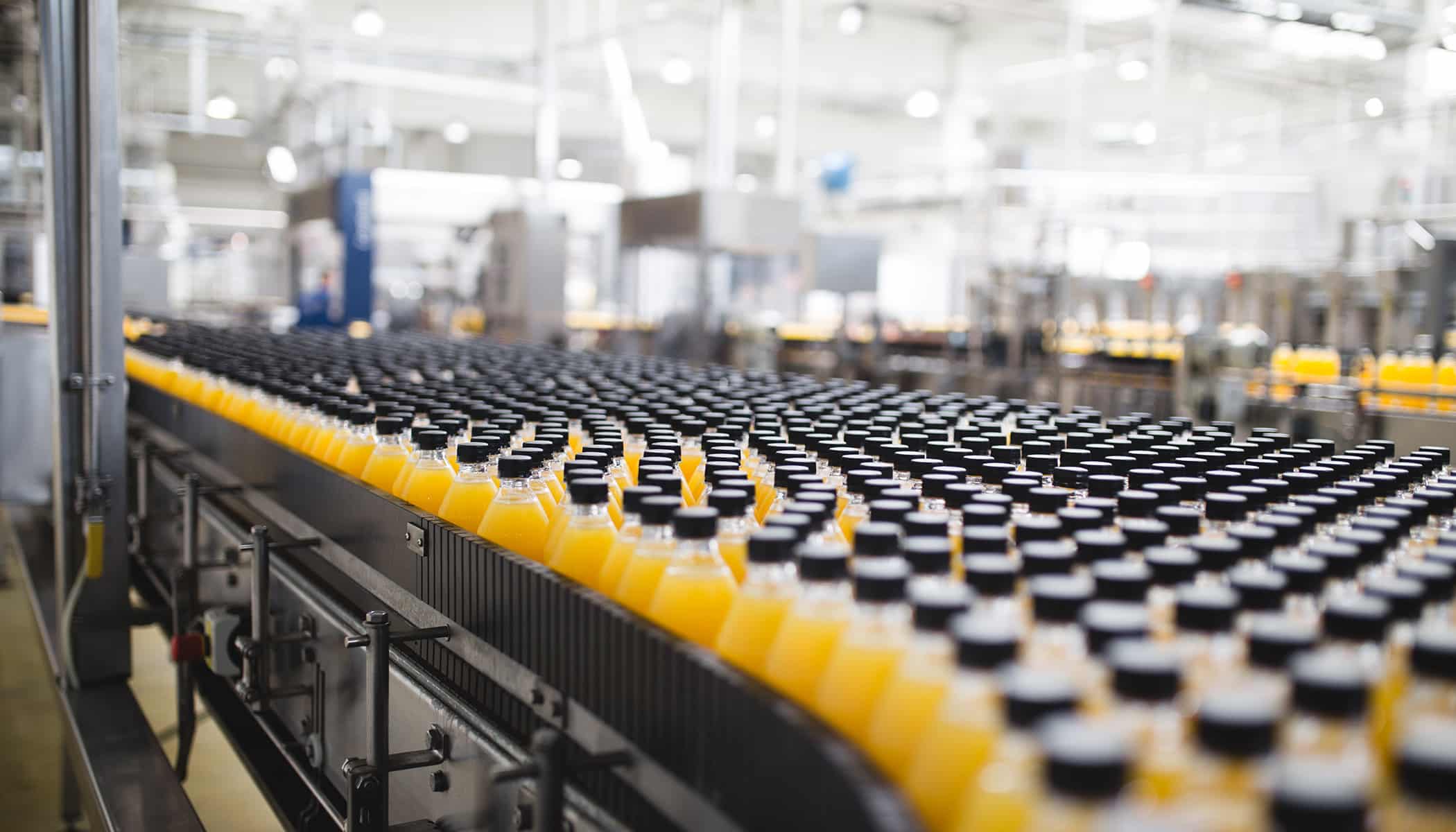The Significance of Surge Protection for Food Processing Manufacturers and the Ideal Fit of the Zero Downtime Brand
In the contemporary landscape of rapidly evolving technology, the realm of manufacturing, particularly in food processing, hinges heavily on intricate electronic equipment and automated systems to streamline operations and assure product quality. Yet, this growing dependence on electronic devices also exposes these systems to vulnerabilities, with power surges emerging as a chief concern. Power surges, which entail sudden and transient voltage increases, can inflict havoc on delicate equipment, disrupt production workflows, compromise product integrity, and incur substantial downtime costs. Within this context, surge protection assumes paramount importance, and the Zero Downtime brand is an impeccable solution for fortifying the operations of food processing manufacturers.
The Ramifications of Power Surges on Food Processing Manufacturers:
In the realm of food processing, precision and consistency stand as paramount virtues. Production lines entail a complex interplay of machinery, programmable logic controllers (PLCs), sensors, and an array of electronic components, all of which are prone to damage stemming from power surges. Even a momentary surge in power can herald catastrophic consequences, including data loss, equipment malfunction, compromised product shelf-life, and augmented operational expenditures.
Power surges can materialize through diverse sources, including lightning strikes, utility grid fluctuations, and internal electrical system anomalies. These surges traverse power lines, permeating manufacturing facilities, thereby posing a palpable threat to both equipment and productivity. Given the perishable nature of food products and the exacting industry regulations, any interruption in production can precipitate substantial financial losses and reputational damage.
The Zero Downtime brand emerges as a vanguard in surge protection, offering sophisticated solutions attuned to the unique requisites of food processing manufacturers. The brand’s surge protection devices (ZeroDT) (SPDs) are meticulously designed to furnish comprehensive insulation against power surges, guaranteeing uninterrupted equipment operation and mitigating the specter of costly downtime.
A standout facet of ZeroDT’s surge protection devices lies in their exceptional surge-handling capacity. These devices are intricately engineered to promptly detect and redirect excess voltage away from sensitive equipment, preempting damage and disruption. Moreover, ZeroDT’s SPDs incorporate cutting-edge technologies such as transient voltage suppression (TVS) diodes and Silicon Avalanche Diodes (SADs), collectively amplifying their efficacy in quelling power surges before they can unleash harm.
Zero Downtime’s surge protection solutions are also laudable for their adaptability and versatility. Acknowledging the variegated electrical configurations and varying susceptibility levels of food processing manufacturers, ZeroDT proffers an array of SPD models tailored to distinct voltage tiers, load capacities, and installation scenarios. This ensures holistic protection within food processing facilities, encompassing control rooms, processing lines, and storage realms.
Zero Downtime’s surge protection manifests as an indispensable facet of the contemporary food processing manufacturer’s operational strategy. The Zero Downtime brand, characterized by its commitment to resilient, adaptive, and technologically advanced surge protection devices, emerges as a quintessential ally in safeguarding the vitality and effectiveness of the food processing industry. By affiliating with Zero Downtime, food processing manufacturers can reinforce their equipment, ensure uninterrupted production, and, crucially, preserve the quality and safety of their products amidst capricious power surges. Zero Downtime’s surge protection solutions emblemize the brand’s dedication to fortifying the veracity and efficiency of the food processing sector.

